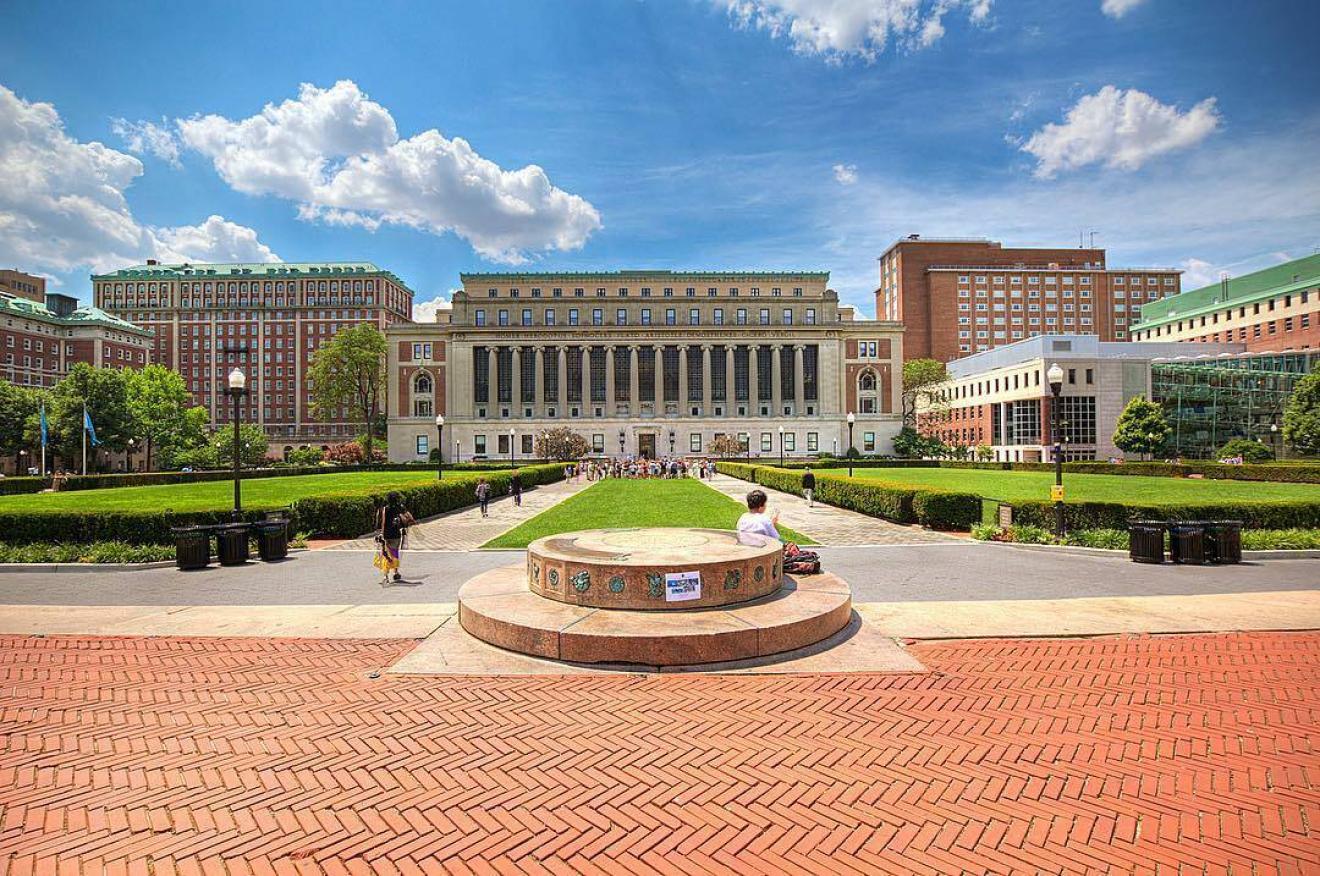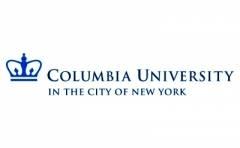

Read more about our ranking methodology.
Columbia University was founded in 1754 and was known as King’s College through a royal charter from King George II before being renamed after the Revolutionary War. Columbia has a total undergraduate enrollment of about 30,000 and is located in a dense urban setting in the Morningside Heights neighborhood of Manhattan just east of the Hudson River. The university boasts a low student-to-faculty ratio of 6:1 and charges a lower tuition rate than Ivy League counterparts Harvard and Yale.
Columbia is at the scholastic epicenter of New York City and plays host to research institutions like the Goddard Institute for Space Studies and historic physics forums like the Manhattan Project. The school has a range of academic offerings for students to choose from through over 15 competitive colleges like the Mailman School of Public Health and the Columbia Climate School. Students at Columbia have the option to attend study-abroad programs at partner schools such as the London School of Economics, the University of Oxford, and Pantheon-Sorbonne University.
Beyond academics, students at Columbia can enjoy iconic museums like the MOMA, take their lunch in Central Park, or head to Yankee Stadium. Notable alumni include former President Barack Obama, investor tycoon Warren Buffet, and writer Isaac Asimov. Columbia has an extensive alumni network that includes MLB Hall of Famers, Nobel Laureates, and Justices of the United States Supreme Court.
New York, NY 10027
* These statistics utilize the most recently released data from IPEDS (Integrated Postsecondary Education Data System)
Sources for school statistics and data include U.S. Department of Education's National Center for Education Statistics and the Integrated Postsecondary Education Data System. Data may vary depending on school and academic year.


- Nurse Anesthesia (ANEST) - Institutions and programs at the master's degree, post master's certificate or doctoral degree levels
- Law (LAW) - Professional schools
- Health Services Administration (HSA) - Graduate programs in health services administration
- Nurse Midwifery (MIDWF) - Basic certificate and graduate nurse-midwifery education programs for registered nurses (School of Nursing)
- Dental Assisting (DA)
- Predoctoral (Columbia University College of Dental Medicine)
- Post Doctoral - Advanced dental education programs (advanced education in general dentistry and general practice residency) (advanced education in general dentistry (12 month / optional 2nd year))
- Endodontics
- Orthodontics & Dentofacial Orthopedics
- Periodontics
- Prosthodontics (including maxillofacial prosthetics and combined prosthodontics/maxillofacial prosthetics)
- Medicine (MED) - Programs leading to the M.D. degree
- Physical Therapy (PT) - Professional programs for the physical therapist
- Professional Psychology (IPSY) - Predoctoral internship programs (Columbia University Medical Center Internship in Clinical Psychology)
- Public Health (PHG) - Graduate level school of public health
- Occupational Therapy (OTM) - Programs leading to a Master's Degree
- Nursing (CNURED) - Nursing education programs at the graduate degree levels
- Nursing (CNDNP) - Nursing education programs at the doctorate degree levels
- English Language (American Language Program Intensive English Programs)
Source data obtained from U.S. Department of Education's Office of Post-secondary Education (OPE)

What letter grade would you give your school on how well it prepares students for a career in the real world?
Based on 2 ReviewsWhat letter grade would you give the students/culture at your school?
Based on 2 ReviewsWhat letter grade would you give the facilities at your school.
Based on 1 ReviewsWhat overall letter grade would you give the activities/groups at your school?
Based on 3 ReviewsThere are no questions and answers about Columbia University in the City of New York
